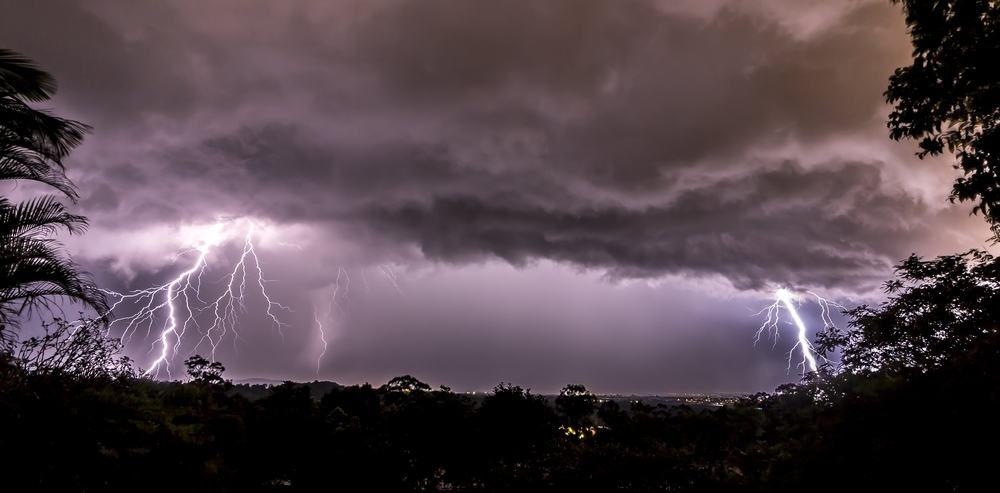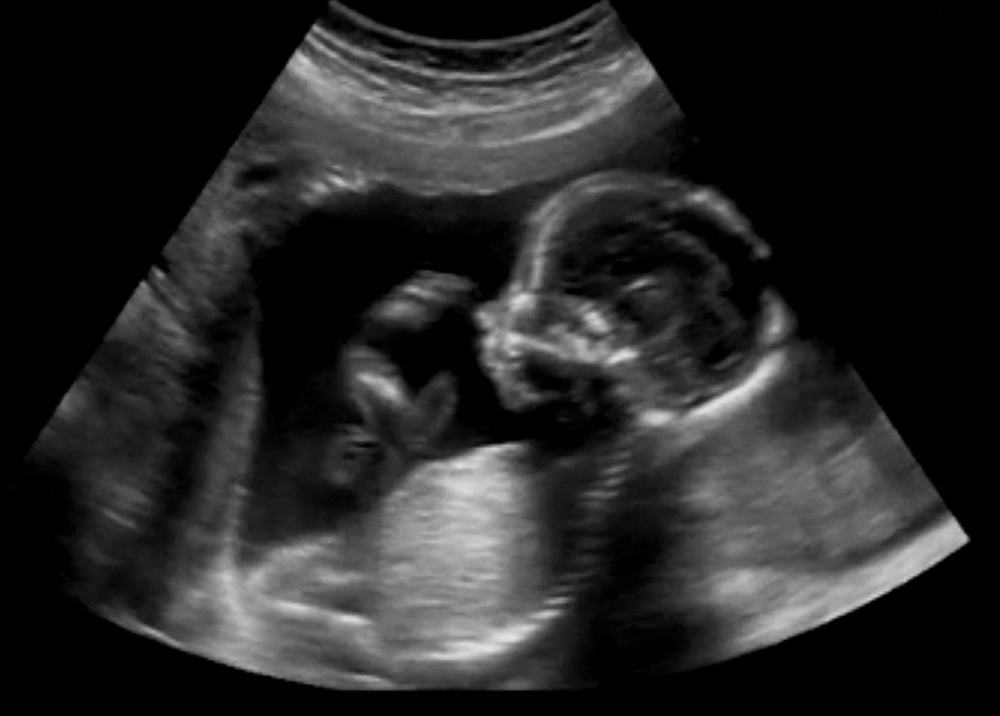Contents:
Medical Video: A Storm of Memories | Critical Role | Campaign 2, Episode 46
For most people, the rainy season can be used as an excuse for late afternoon than usual for the sake of stealing extra sleep. But it's another story for some people. The rainy season makes a few people choose not to enter the office for totally different reasons: lightning strikes can be the cause of their migraine relapse.
Lightning strikes increase the likelihood of a recurring migraine
No one knows exactly what causes migraines. Many scientists believe that the brains of migraine sufferers are basically more sensitive to external influences and that certain foods, bright lights, even starvation can trigger a loud headache. Some people also believe that the cause of migraines is triggered by changes in weather, such as high or low temperatures, humid air, hot sun rays, to wind speeds.
Now, a new study by a University of Cincinnati research team published in the journal Cephalalgia now shows that lightning strikes during the rainy season can trigger your migraine recurrence. The researchers found that you were 30 percent more likely to experience recurrent migraines - and 28 percent more likely to experience general headaches - while in the area and / or seeing a lightning strike.
The findings were obtained after the research team interviewed 90 chronic migraine sufferers around the cause of their migraines for 3-6 months and observed how often complaints of headaches occurred related to lightning strikes that were 40 kilometers from their home. "When a rainstorm occurs, there may be 50,000 lightning strikes within 740 kilometers of your house, you just don't realize it," said Vince Martin, study lead researcher, at LiveScience.
And after considering a number of other aspects of rainstorms that can cause migraines - such as temperature, air pressure, wind, humidity and rain - they managed to connect lightning strikes with a 13 percent jump in migraine attacks.
Why can lightning rain cause migraines to recur?
The researchers did not have a clear explanation of how lightning might be a cause of migraines and headaches, but they suspected a number of possibilities. During a storm, cold and warm air collides. This then creates extreme air pressure differences that create storm elements, such as wind and rain. Changes in air pressure might be what triggers your headache - whether it's migraines, tension headaches, or headaches due to sinusitis.
In addition, with the appearance of the storm came lightning. When a lightning strike hits the ground, it will create a low electromagnetic frequency wave that causes a magnetic field. Magnetic fields can change electrical signals in the brain, say researchers. Lightning also increases positively charged ions in the air. In addition, lightning results in an increase in air pollution such as ozone and can cause the release of fungal spores which may be a cause of migraines.
There are also theories that argue that migraines triggered by extreme weather are a protective response, or defensive, because this headache causes sufferers to seek a more friendly and calm environment. Again, all of the alleged causes of migraine are still under debate among experts.












